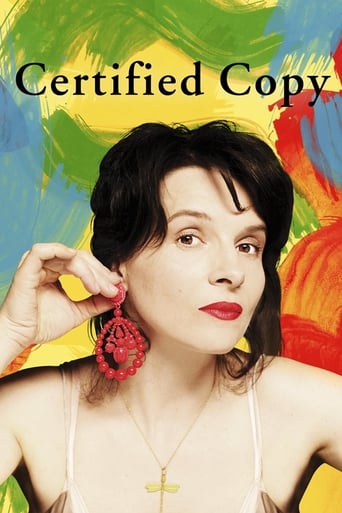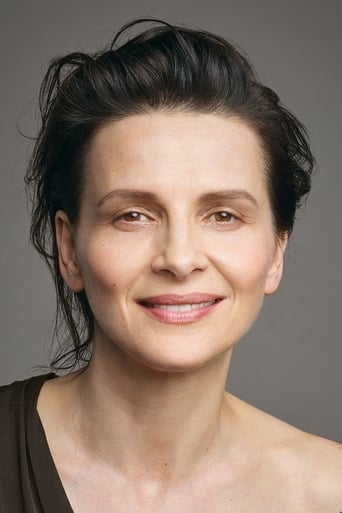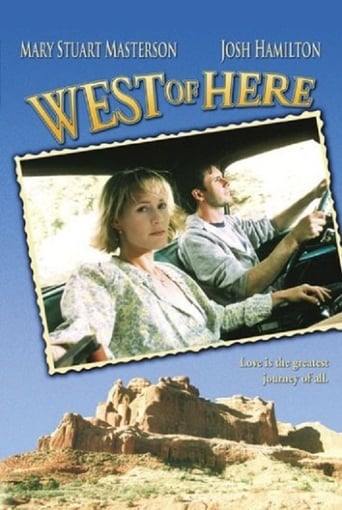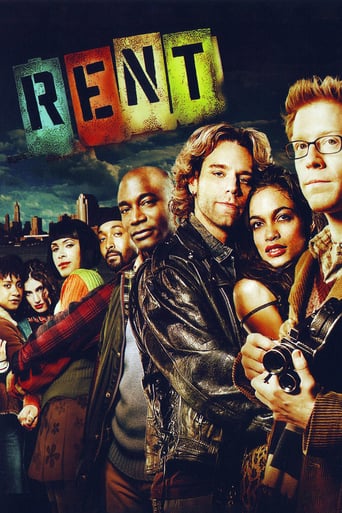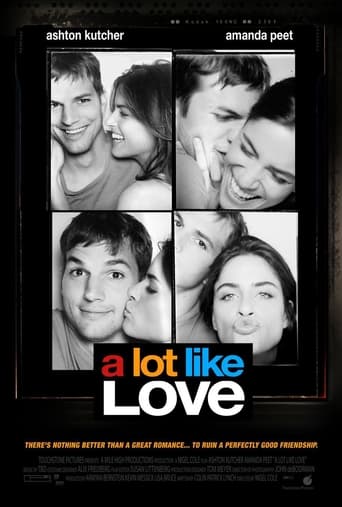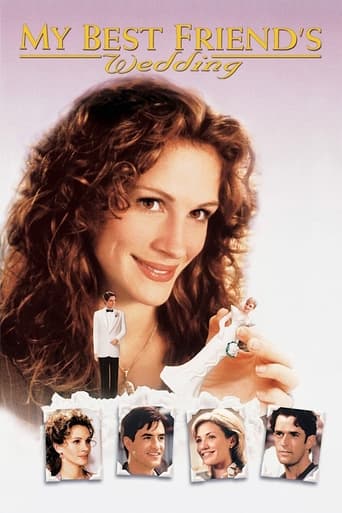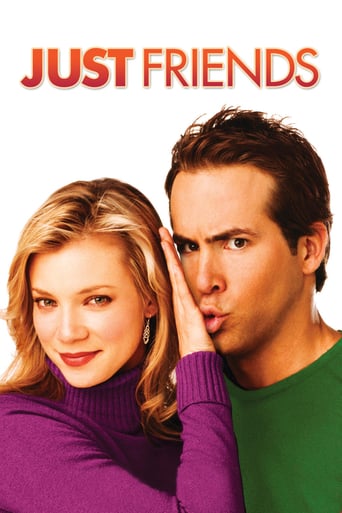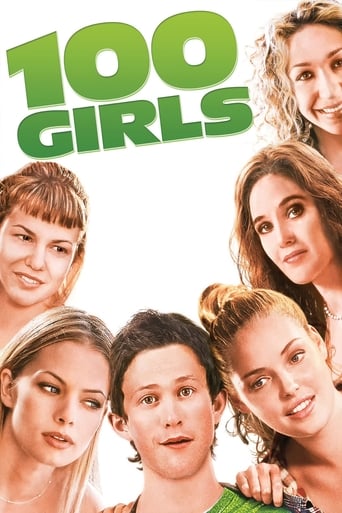Certified Copy (2011)
In Tuscany to promote his latest book, a middle-aged English writer meets a French woman who leads him to the village of Lucignano.
Watch Trailer
Cast


Similar titles
Reviews
Sorry, this movie sucks
best movie i've ever seen.
This is one of the few movies I've ever seen where the whole audience broke into spontaneous, loud applause a third of the way in.
By the time the dramatic fireworks start popping off, each one feels earned.
First i have to claim that i am aware of some works of Kiarostami and that i also like some of his works (especially "Taste of Cherry", but also "Close Up" was very interesting), so its not a problem that i expected a mainstream movie and got something else, even though someone could have believed in getting a Hollywood love comedy after seeing this mainstream DVD cover. But yes, though Kiarostami really took some steps in this "easier to digest"-direction it is still a non- mainstream piece of author cinema, but... not a good one! "Certified Copy" feels like the next, fourth part of Richard Linklaters "Before..."-film series. Two people are walking and driving around and are "just talking". The problem with Kiarostamis work is that these persons are not very interesting and that the dialogues are far away of being that clever as those in Linklaters last work of his series in "Before Midnight" were. The whole story and the dialogues are based on the old controversy about original and copy in art history, cause the male protagonist is an book author, who has written about that. the problem is, that Kiarostami and (subsequently also) his characters don't have any idea what "fine arts" is. The book, his character has written, must be the most unnecessary book in art history, cause everything he is talking about are the most easy basics in philosophy and in art history, which western university students learn in their first semester, if not already during the high school years (in Europe). Every philosophy student will read or hear Plato's ideas about art very early and so are Duchamps ideas even more than common places since nearly 100 years (Duchamps fountain, dated 1917). Kiarostamis characters are not only unable to specify the correct sources, they are also not able to add a slightest minimum to these very old ideas. Though Linklaters earlier works "Waking Life" and "A Scanner Darkly" were somewhat incorrect and also influenced by bad esoteric and new age, he had his own way to interpret things and add his own ideas, which were not all good, but at least somewhat interesting. Kiarostamis characters pretend to be professionals but are dumb freshmen with no clue at all and so the whole movie - which is based on these ideas - slides around, is pretending to be clever, but tells just another unfortunate love story of two adult people at the end. The intellectual background doesn't work at all and even the plot twist, relating to the question about the mysterious relationship, crepitates quite early without any good idea. At least the characters could have been likable, but even a great Juliette Binoche wasn't able to get more out of her annoying character, which she had to play. Richard Linklater will show how a wise RomCom with adults will work in his next part of the "Before"-series, Kiarostamis attempt was a big failure and just mediocre, if not even worse. 4-5 points out of 10.
This movie stands up to the greatest ones in movie history. It shows to the best what movie language is - a movie is made to be seen by you, the spectator, and the author gives you what he has in his mind, in a way that will seize your attention from beginning to end and, also, will please you, will make you think or even will make you feel uncomfortable. Light, sound, movement, all this is substance for creation. Everything, from the reflections of the old town's buildings on the car's windshield to the irrational mixing up of languages (he doesn't speak Italian, but suddenly is is speaking Italian!), serves to the purpose of building up a piece of fine art while telling a story - and what a story! She plays a joke on the old lady (an excellent actress) in the cafeteria but soon she and his recently-made friend are playing the same joke on themselves and they no longer know that they are half-strangers, they believe they have been married since long! He (un?)willingly becomes the "perfect copy" of her ex-husband and has to abide to his own theories that a copy will serve its purposes as well as the original. The movie will open a thousand new doors to your mind - if you agree to join the play!
This is actually a totally different approach to cinema. Is it original? We wouldn't know, but it is definitely great. There are various ways of approaching this film. There is a lot of philosophical questions being raised and answered partially or fully through out the film. One way I like to look at this film is as two journeys with no definite separating point. Somewhere at the middle of the film, the relationship between the two characters change so we get to look at the things in life (art) in a different way. In the first half, you see a happy male who is satisfied with his being while in the second half, he is someone who has been married for 15 years, and unsatisfied with his state of being. The lady is more satisfied in the second half despite being emotional and vulnerable. There is a serious philosophical discussion about what is the right way to approach things. In the first half, the independent man doesn't care about the consequences of actions in general. He thinks things are just the way they are and we should not try too hard to change it. In the second half, he starts acting exactly opposite to his own earlier philosophy as the lady takes control in a socially acceptable relationship. It was interesting to see that the director used the term Mise' en Scene to credit himself at the end as this film does not fall under the Hollywood definition of drama.
It's no coincidence that Kiarostami chose Italy as his filming location (apart from an unobjectionable desire to spend some time in Tuscany): It's another replay of the themes of Pirandello, and, in particular, the ones we find in Pirandello's plays such as "Six Characters in Search of an Author,", "Cosi' e'(se vi pare)" ("That's the way it is--if you think so"), and "Il giuoco delle parti" ("The 'Let's play a role' Game"). In all of these works we get a vision of life which suggests that life itself is just one big game of role-switching, with all that that suggests about the illusiveness of reality. Nothing is as it seems, and we begin to suspect that it's a fruitless endeavor to seek out that "true" or "authentic" self which undergirds all the "certified copies" in play throughout our lives. And just as in Pirandello's plays, so too with Kiarostami we get the dramatic denouement: What is initially playful repartee gradually takes on the look of a high-stakes game and eventually careens wildly out of control.

